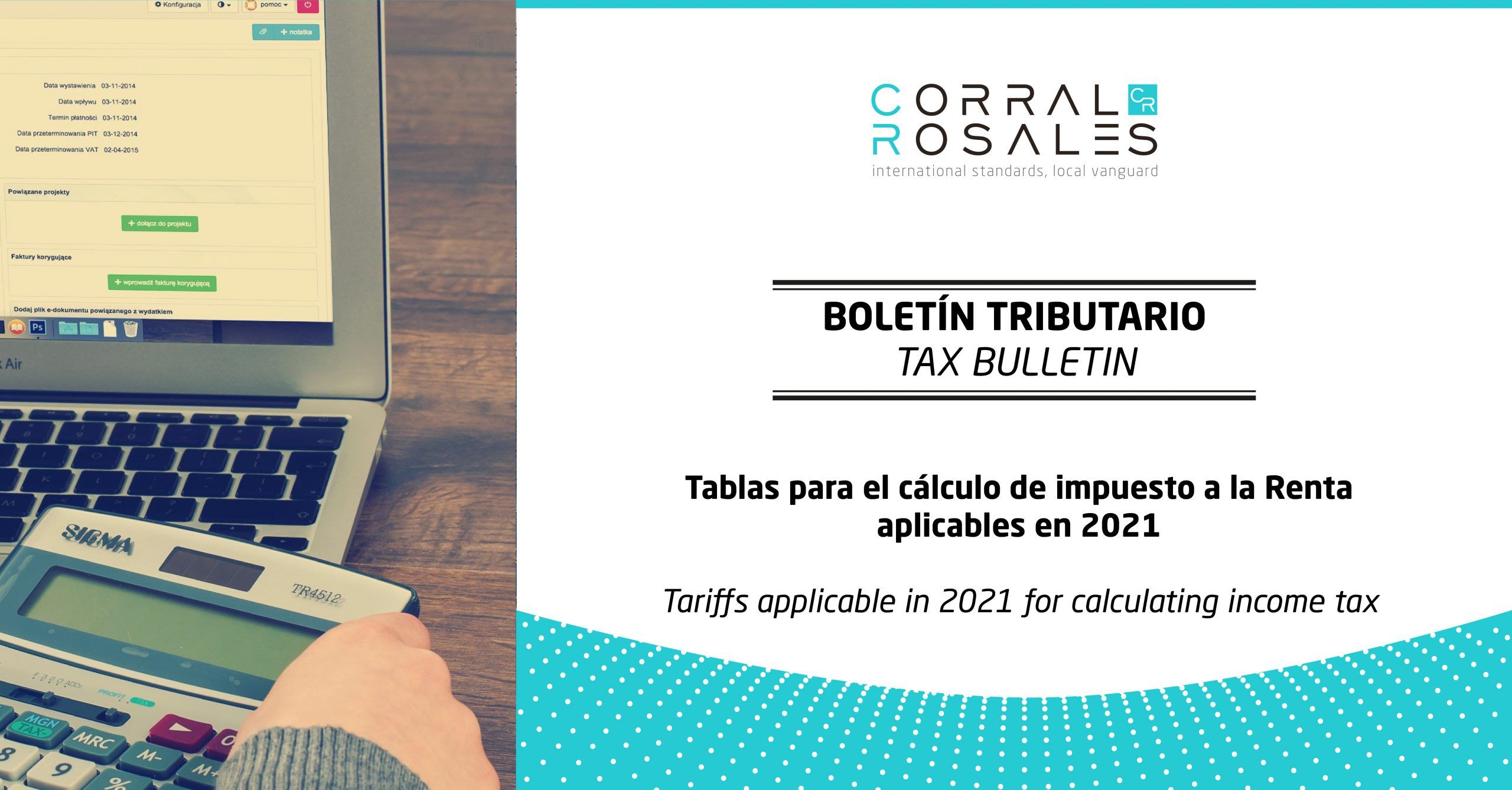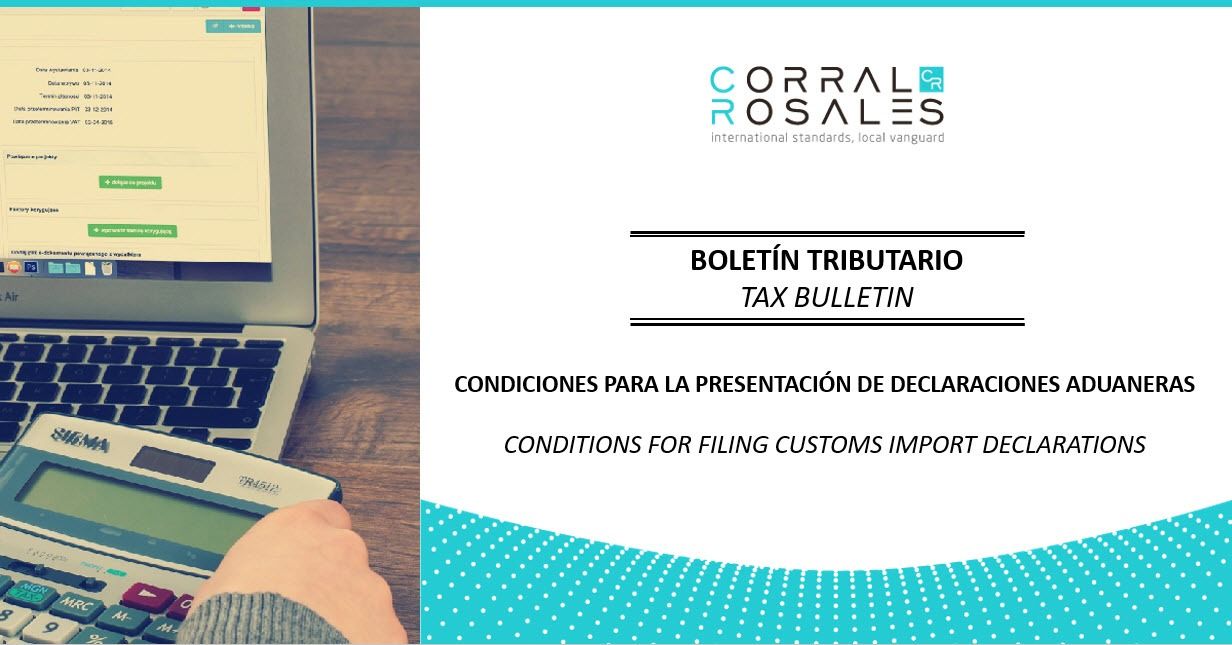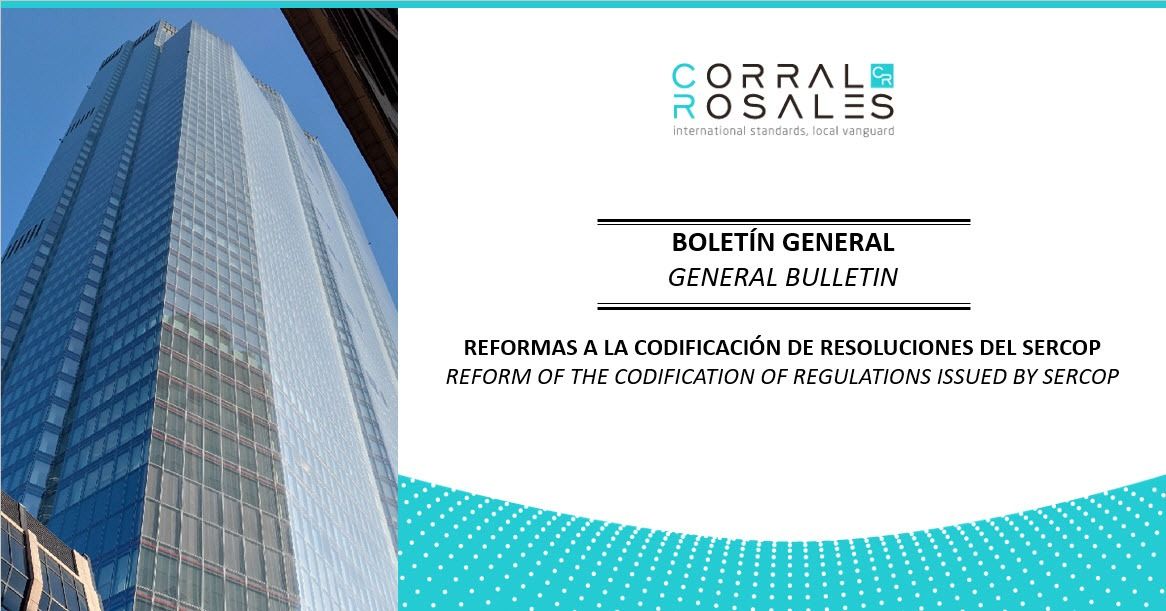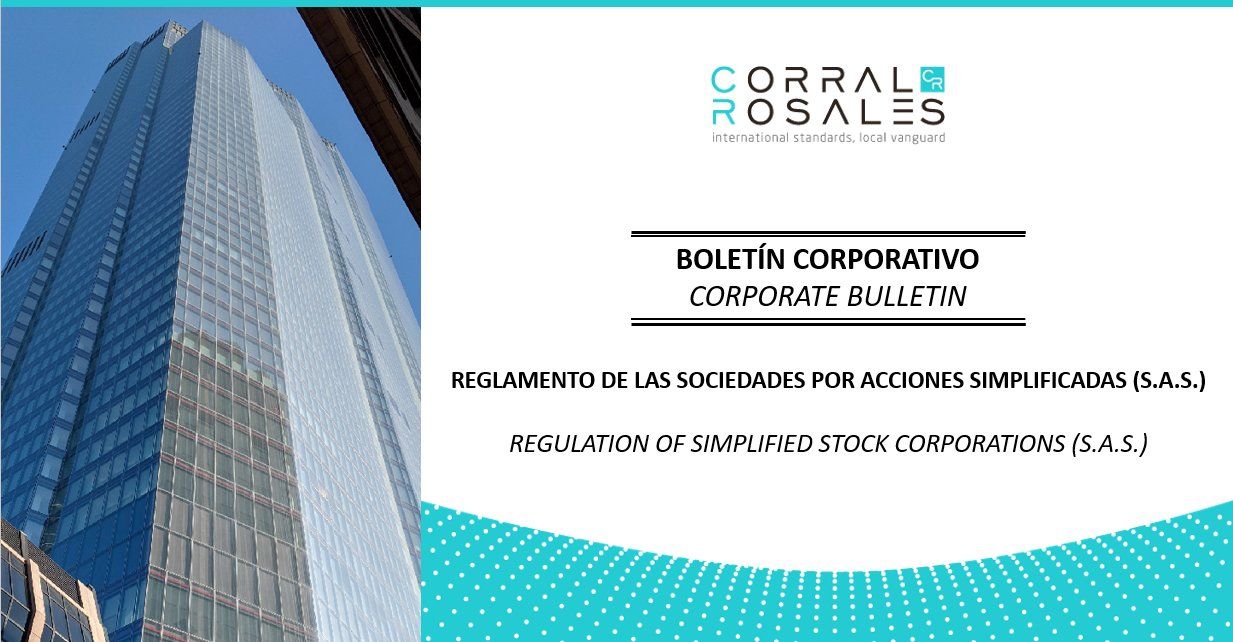Test data is the necessary information required by the health Authority to approve the marketing of a medicine or agricultural chemical product in order to guarantee its safety and efficacy. This information is protected by intellectual property regulations to avoid possible unfair commercial use. Ecuador has signed several international instruments that impose the obligation to guarantee the protection of this data. Internal regulations have developed this protection.
When we talk about intellectual property, we usually think exclusively about patents, trademarks and copyrights, however, there are some other modalities that are also part of intellectual property, such as, for example, test data. The importance of its protection lies in avoiding the use, by unauthorized third parties, of valuable information about the research and development process of a novel product, activities that demand a considerable economic and human effort on the part of its creators.
Test data is often associated with patents; however, these are figures that, although both are closely related to the development of drugs and agrochemicals, the test data has independent protection.
The Agreement on Trade-Related Aspects of Intellectual Property Rights (TRIPS) established a minimum standard of protection to prevent unfair commercial use of test data[1]. Similarly, Decision 486 of the Andean Community provides for this special protection “against any disclosure, except when necessary to protect the public, or unless measures are adopted to guarantee data protection, against any unfair commercial use.[2]”
In the Trade Agreement between the European Union and its Members on one hand and Colombia, Peru and Ecuador on the other, the protection of undisclosed information is included within the intellectual property rights.[3]
In the aforementioned international instruments, although the protection of test data is established as an obligation for the Members, a specific period of time is not foreseen for its material protection, which is therefore regulated by each State. However, in the case of Ecuador, the Organic Code of the Social Economy of Knowledge, Creativity and Innovation establishes:
“Article 508.- Test Data.- Test data or other undisclosed data on safety and efficacy of pharmaceutical products and agricultural chemical products, in accordance with the provisions of Article 27 number 7 of the Organic Law of Market Power Control, when the information contained in the data meets the following conditions:
- a) It is secret in the sense that it is not, as a body or in the precise configuration and assembly of its components, generally known or easily accessible to people introduced in the circles in which the type of information in question is normally used;
- b) It has a commercial value because it is secret; and
- c) Has been subject to reasonable measures, in the circumstances, to keep it secret, taken by the person who legitimately controls it.
Article 509.- Exclusivity of test data.- When the competent authority requires as a condition to approve the commercialization of pharmaceutical or agricultural chemical products that contain new chemical entities, the presentation of test data or other undisclosed information on safety and efficacy, whose elaboration demands a considerable effort, will be granted an exclusivity period of five years from the date of marketing approval for pharmaceutical products, and ten years for agricultural chemical products. “
Thus, Ecuador has provided a period of five and ten years of exclusivity for the protection of test data on drugs and agricultural chemicals, respectively.
The National Service for Intellectual Rights -SENADI- has reiterated that, although the Agency for Regulation and Control of Phytosanitary and Zoosanitary and the Agency for Regulation, Control and Sanitary Surveillance are the entities in charge of defining the requirement to submit test data prior to granting a marketing authorization and to define its deposit and safeguard procedures, the test data protection system remains in force and that said protection is without a doubt a modality of Intellectual Property.[4]
On August 21, 2020, the State Attorney General’s Office issued a statement regarding agrochemical products expressly stating that, since the Agency for the Regulation and Control of Phytosanitary and Animal Health – AGROCALIDAD- is the competent Authority to approve the commercialization of agricultural chemical products, it is also responsible for granting the period of exclusivity when it has required the submission of test data on their safety and efficacy.[5]
This protection system and the corresponding establishment of a period of time for the exclusivity of the test data guarantees that, at least during that period, any interested party who intends to market a medicine or agrochemical product with a new chemical entity, must carry out their own studies and trials that prove its effectiveness and efficacy. Thus, avoiding the use of test data that have already been developed by a third party. Hence, it is vitally important that the public entities called upon to intervene in this protection system work in an integrated manner to ensure compliance with these international and national provisions.
[1] “Article 39 (…) 3. Members, when they require, as a condition for approving the marketing of pharmaceutical products or agricultural chemical products that use new chemical entities, the submission of undisclosed tests or other data, the preparation of which requires considerable effort , will protect that data against any unfair commercial use. In addition, Members shall protect such data against disclosure, except where necessary to protect the public, or unless steps are taken to ensure the protection of data against unfair commercial use. ”
[2] “Article 266.- The Member Countries, when they require, as a condition to approve the commercialization of pharmaceutical products or agricultural chemical products that use new chemical entities, the presentation of undisclosed test data or other, whose elaboration involves a considerable effort, will protect those data against any unfair commercial use. In addition, Member Countries will protect this data against any disclosure, except when necessary to protect the public, or unless measures are adopted to guarantee the protection of the data, against any unfair commercial use. The Member Countries may take the measures to guarantee the protection enshrined in this article. ”
[3] “5. For the purposes of this Agreement, intellectual property rights include: (…)
- j) protection of undisclosed information. “
[4] Official Letter No. SENADI-DG-2019-0402-OFLetter
[5] Official Letter No. OF-PGE-09818
Katherine González H.
Associate at CorralRosales
katherine@corralrosales.com












